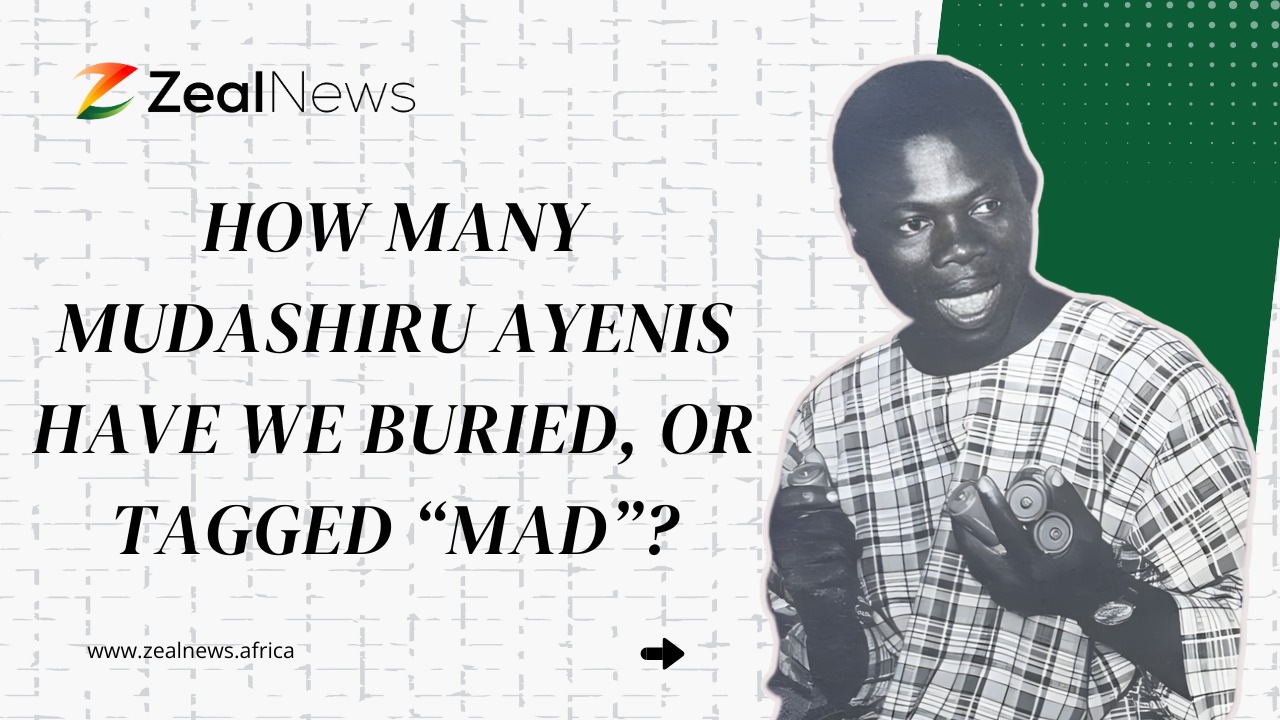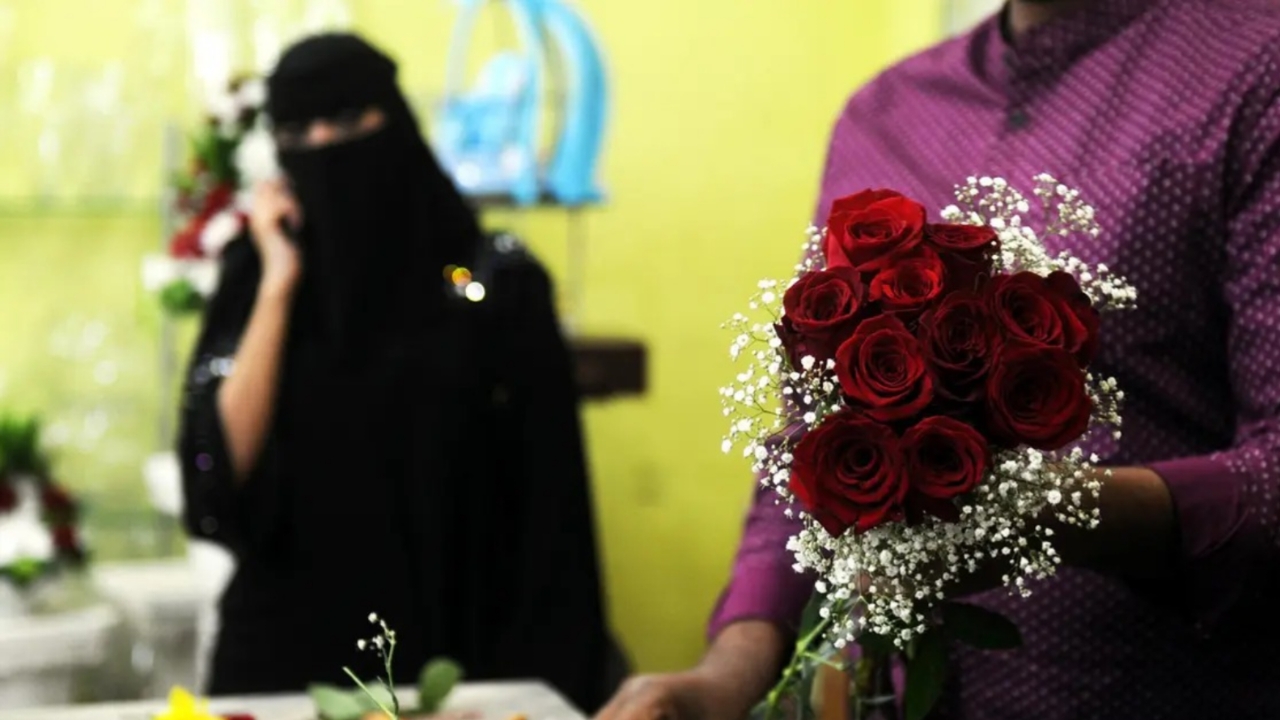Afro Blazers Series (Part 12): Chimamanda Ngozi Adichie – The Pen That Rewrote Africa
.jpeg)
In an age when African voices are rising in global arenas, few have thundered louder—or clearer—than Chimamanda Ngozi Adichie. A novelist, essayist, feminist, and public intellectual, Adichie has become one of the most influential writers of the 21st century. Her fiction has won prestigious awards. Her TED Talks have reshaped global thinking. Her essays have stirred minds and movements. And most of all, her identity as a Nigerian, unapologetically African and proudly female, has become central to a new narrative of the continent.
Adichie’s genius lies not only in the beauty of her prose but in the courage of her politics. She tells stories that center African people—complex, conflicted, charismatic—at a time when global media often reduces them to tragedy or triumph. In doing so, she has helped redefine African literature, gender discourse, and intellectual leadership on the world stage.
Roots in Nsukka – A Childhood Steeped in Story
Chimamanda Ngozi Adichie was born on September 15, 1977, in Enugu, Nigeria, but she was raised in Nsukka, a university town in southeastern Nigeria. Her father, James Nwoye Adichie, was a respected professor of statistics at the University of Nigeria, Nsukka, while her mother, Grace Ifeoma, broke barriers as the university’s first female registrar.
It’s no coincidence that Adichie’s childhood home once belonged to Chinua Achebe, the father of modern African literature. In many ways, she grew up both literally and spiritually under Achebe’s roof. His work—particularly Things Fall Apart—ignited her desire to tell stories of her people, from their own perspectives, in their own words.
From an early age, Adichie was a voracious reader, devouring everything from African classics to American novels. Yet she noticed a troubling pattern—most of the characters she encountered were white, foreign, and far removed from her lived experience. As she would later put it in her viral TED Talk, “The Danger of a Single Story”, she had grown up “reading books in which characters ate apples and played in the snow, and she felt she had no voice.”
From Nigeria to America – A Scholar on the Move
At 19, Adichie moved to the United States to study communications and political science at Drexel University, before transferring to Eastern Connecticut State University. She would go on to earn a Master of Fine Arts in Creative Writing from Johns Hopkins University and later a Master of Arts in African Studies from Yale.
Her educational journey across continents gave her a unique lens—deeply Nigerian, but globally attuned. This duality would later infuse her novels, as she explored identity, race, and displacement with both intimacy and insight.
Literary Breakthrough: “Purple Hibiscus” (2003)
Adichie’s debut novel, Purple Hibiscus, was published in 2003 to international acclaim1. Set in postcolonial Nigeria, the book follows Kambili, a quiet teenage girl navigating religious extremism and domestic abuse in an upper-class Nigerian family. Through the lens of a child, Adichie examined the collision between tradition and modernity, silence and resistance, faith and fanaticism.
Purple Hibiscus won the Commonwealth Writers’ Prize for Best First Book and was shortlisted for the Commonwealth Writers’ Prize for Best First Book. It remains a staple in African literature curricula worldwide and marked the beginning of Adichie’s ascent as a literary force.
“Half of a Yellow Sun” – Giving Voice to History (2006)
Adichie’s sophomore novel, Half of a Yellow Sun, elevated her to a new level of literary excellence1. Set during the Nigerian-Biafran War (1967–1970), the book portrays the impact of war through the intertwined lives of five characters—a university professor, a houseboy, a British writer, and twin sisters whose loyalties and loves are tested by the chaos around them.
With poignant storytelling and meticulous historical research, Adichie resurrected a period many Nigerians had learned to avoid. The novel won the Orange Prize for Fiction in 2007 and has since sold millions of copies worldwide1. It was later adapted into a film starring Thandiwe Newton, Chiwetel Ejiofor, and John Boyega.
For many, Half of a Yellow Sun was not just literature—it was catharsis.
“The Danger of a Single Story” – A TED Talk That Shook the World
In 2009, Adichie delivered what would become one of the most-watched TED Talks in history: The Danger of a Single Story. In it, she warned against the reduction of entire peoples and continents to single narratives—often tragic, simplified, and told by outsiders.
“Show a people as one thing, as only one thing, over and over again, and that is what they become.”
The talk has been viewed over 38 million times and is now required viewing in classrooms across the globe. It established Adichie not only as a novelist, but as a global cultural critic and thought leader.
Feminism and Global Influence – The Voice of Equality
Though widely celebrated for her novels, Chimamanda Ngozi Adichie is equally known for her feminism—particularly her efforts to root feminist ideas within African contexts. Her 2012 TEDx talk, “We Should All Be Feminists”, became a global phenomenon, later adapted into a book and translated into more than 30 languages. The Nigerian government distributed copies in secondary schools to help promote gender awareness.
In 2013, Beyoncé sampled Adichie’s speech in her song Flawless, exposing millions of listeners to her ideas. The quote—“Feminist: a person who believes in the social, political and economic equality of the sexes”—became a defining statement of modern African feminism.
Adichie followed this up with “Dear Ijeawele” in 2017, a feminist parenting guide structured as a letter to a friend. Her ability to speak boldly about gender inequality, yet remain deeply rooted in Nigerian cultural nuance, made her one of the most impactful feminist voices in the world.
Today, she is considered by many to be Africa’s most prominent feminist, using her platform to challenge patriarchal systems and inspire a new generation of African women to speak up.
“Americanah” – Race, Love, and Hair Politics (2013)
If Half of a Yellow Sun was Adichie’s historical epic, Americanah was her modern manifesto1.
Published in 2013, the novel follows Ifemelu, a Nigerian woman who emigrates to the United States and starts a popular blog about race, culture, and identity. The book navigates what it means to be “Black” in America—a label foreign to many Africans until they arrive there. It also explores the politics of natural hair, immigration, homesickness, and the emotional cost of success.
Americanah won the National Book Critics Circle Award and was named one of The New York Times’ Ten Best Books of the Year. Former President Barack Obama listed it on his summer reading list.
In a world increasingly obsessed with “diversity,” Americanah offered nuance—and a warning: representation without understanding is empty.
Dream Count
Dream Count by Chimamanda Ngozi Adichie follows four Nigerian women navigating life during the COVID-19 pandemic: Chiamaka, a travel writer in America reflecting on past loves; Zikora, a lawyer coping with betrayal and single motherhood; Omelogor, an ambitious cousin questioning her identity; and Kadiatou, a housekeeper facing trauma and injustice.
The novel explores themes of love, regret, motherhood, and resilience, highlighting the complexities of modern womanhood and the strength found in friendship and hope
Legacy and The Power of a Voice
Today, Adichie’s work is studied in universities from Lagos to London, from Nairobi to New York. Her name has become synonymous with literary brilliance, unapologetic feminism, and cultural critique rooted in truth. In 2020, she was elected to the American Academy of Arts and Sciences. She has received honorary degrees from Harvard, Yale, SOAS, and Duke.
Her speeches and essays—on grief, gender, race, and belonging—continue to shape public discourse, especially among a younger generation of Africans looking to assert themselves on their own terms.
Whether addressing colonial hangovers or the expectations placed on African women, Chimamanda does not flinch. She writes what others are too afraid to say.
She isn’t just a writer. She is a movement.
A Blazer for All Time
In the canon of African greats, Chimamanda Ngozi Adichie burns brightly—not just because of her literary craft, but because of her courage to speak, write, and fight. Through her words, she has opened doors for others to tell their stories, ask questions, and reshape the way Africa sees itself—and how the world sees Africa.
Her legacy is far from complete. And yet, already, she has lit a path.
She is not just a voice from Africa. She is Africa, speaking in its most eloquent, fearless form.
Afro Blazers celebrates Chimamanda Ngozi Adichie—because the world needs more voices like hers.
You may also like...
When Sacred Calendars Align: What a Rare Religious Overlap Can Teach Us

As Lent, Ramadan, and the Lunar calendar converge in February 2026, this short piece explores religious tolerance, commu...
Arsenal Under Fire: Arteta Defiantly Rejects 'Bottlers' Label Amid Title Race Nerves!

Mikel Arteta vehemently denies accusations of Arsenal being "bottlers" following a stumble against Wolves, which handed ...
Sensational Transfer Buzz: Casemiro Linked with Messi or Ronaldo Reunion Post-Man Utd Exit!

The latest transfer window sees major shifts as Manchester United's Casemiro draws interest from Inter Miami and Al Nass...
WBD Deal Heats Up: Netflix Co-CEO Fights for Takeover Amid DOJ Approval Claims!

Netflix co-CEO Ted Sarandos is vigorously advocating for the company's $83 billion acquisition of Warner Bros. Discovery...
KPop Demon Hunters' Stars and Songwriters Celebrate Lunar New Year Success!

Brooks Brothers and Gold House celebrated Lunar New Year with a celebrity-filled dinner in Beverly Hills, featuring rema...
Life-Saving Breakthrough: New US-Backed HIV Injection to Reach Thousands in Zimbabwe

The United States is backing a new twice-yearly HIV prevention injection, lenacapavir (LEN), for 271,000 people in Zimba...
OpenAI's Moral Crossroads: Nearly Tipped Off Police About School Shooter Threat Months Ago
ChatGPT-maker OpenAI disclosed it had identified Jesse Van Rootselaar's account for violent activities last year, prior ...
MTN Nigeria's Market Soars: Stock Hits Record High Post $6.2B Deal

MTN Nigeria's shares surged to a record high following MTN Group's $6.2 billion acquisition of IHS Towers. This strategi...






